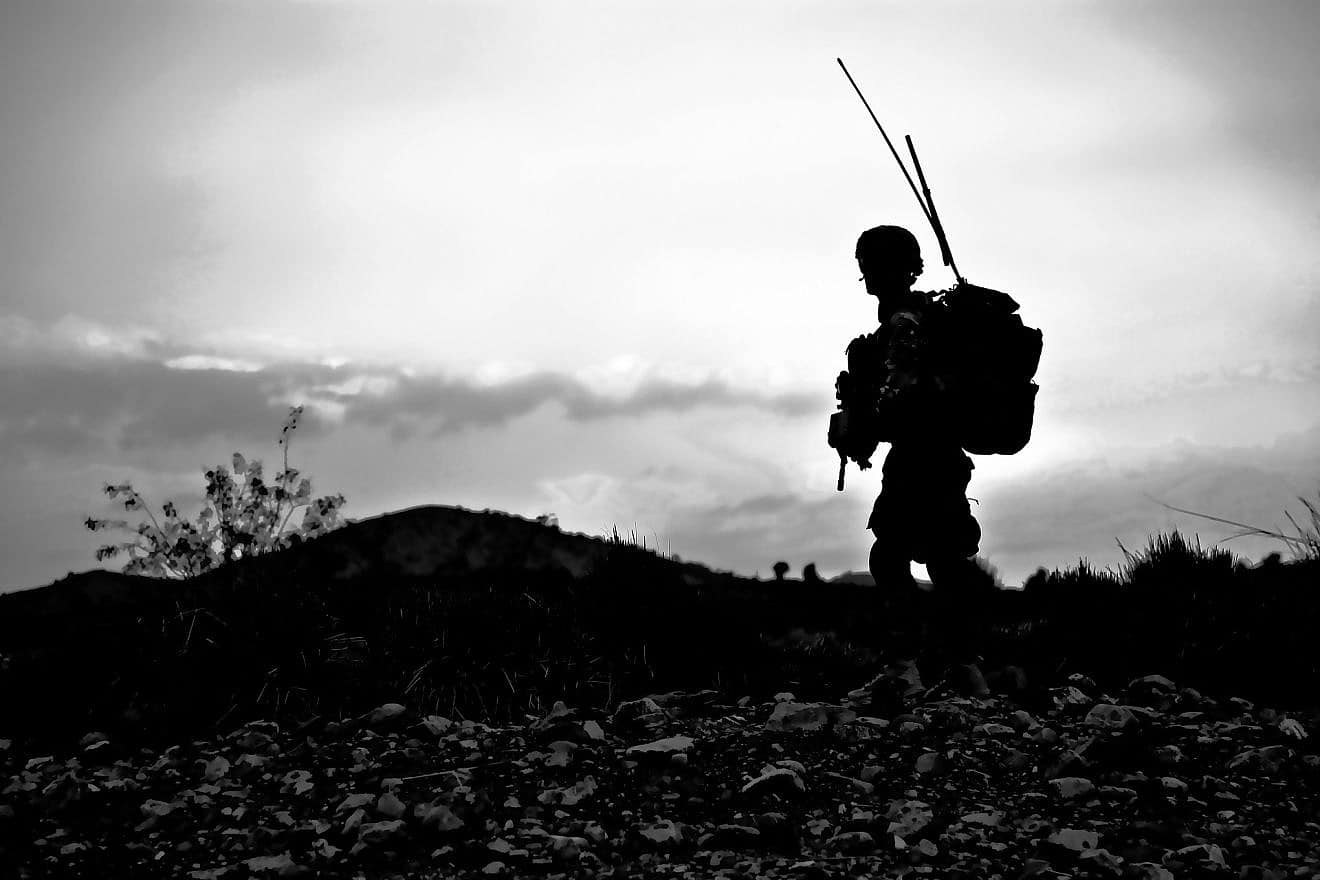“War,” the Union Army Gen. William Tecumseh Sherman is famously said to have told a group of army cadets some years after the American Civil War, “is hell.” More than a century and a half later, there is nothing to suggest that Sherman’s assessment would be any different were he to survey the state of war in our own time.
Yet as much as this quote attributed to Sherman sounds like a pacifist rallying cry, it isn’t. Sherman knew only too well that some wars can be just, even if their impacts are painful to observe. “You cannot qualify war in harsher terms than I will. War is cruelty, and you cannot refine it; and those who brought war into our country deserve all the curses and maledictions a people can pour out,” Sherman stated in a letter to Confederate commander Gen. John Bell Hood. “But you cannot have peace and a division of our country. If the United States submits to a division now, it will not stop, but will go on until we reap the fate of Mexico, which is eternal war.” Preventing that outcome was, in Sherman’s view, the Union’s overriding goal in its quest to defeat the slave states in a just war that nonetheless took some 600,000 lives.
For as much as war was hell, still is and always will be, so are some wars just and some manifestly unjust. Israel’s war against Hamas in Gaza is a perfect example of the former. It is just because Israel would not have launched its military operations had the murderers and rapists of Hamas not butchered more than 1,200 Israelis and foreigners during its Oct. 7 pogrom. It is just because Israel is fighting an enemy that has never hidden its goal of destroying the world’s only independent Jewish state. It is just because without an Israeli response of the kind that we have seen over the last few months, Hamas and its Iranian overlords would have no qualms about launching another Oct. 7, and then another, ad infinitum, until its goal was achieved.
That doesn’t mean that Palestinian civilians in the Gaza Strip aren’t suffering. They are—and that is a truth we can acknowledge even if we are rightly suspect about the casualty numbers churned out by the Hamas-run Ministry of Health in Gaza. Wishing for a ceasefire so that this bloodshed can at least be paused is a humane response to the scenes we are witnessing. But those who are calling on Israel to announce a ceasefire now—among them the same discordant voices who falsely accuse Israel of prosecuting a “genocide” in Gaza—don’t want a ceasefire in the sense that term is conventionally understood. They want Israel to unconditionally, unilaterally surrender as the first step towards its eventual elimination. Put another way, the keffiyeh-clad demonstrators clogging our streets are outraged by the sight of dead Palestinian children but have no reservations about wishing a similar fate on children in Israel.
What is especially depressing about this situation is that while this tired debate drags on—incorporating more and more antisemitic tropes as tempers fray—other, more terrible wars and conflicts around the globe are simply being ignored. We read and hear a great deal less about Ukraine these days, and when we do, it is rarely about the suffering inflicted by the invading Russians on Ukrainian civilians, including rape and the kidnapping of children, and almost always about how that war has impacted upon America’s domestic political divisions as we head towards a presidential election in November.
The same goes for Sudan, where the rebel Rapid Support Forces (RSF) paramilitary group continues to inflict unimaginable horrors in its racist campaign of “Arabization” targeting the Masalit people in the west of the country—the same location as the Darfur genocide of 2005, which at the time mobilized American Jews in a nearly unprecedented campaign of political solidarity and humanitarian assistance in a conflict halfway around the world. Ditto for Haiti, where criminal gangs now roam and rule the streets, leading one top U.N. official to compare the scenes in Port-au-Prince with the apocalyptic movie “Mad Max,” though that utterance, unlike the statements of U.N. officials on Gaza’s plight, failed to spark a single demonstration or act of protest. And that’s not mentioning the wars in West Africa’s Sahel region, where military juntas face off against Islamist terrorists; or in Nigeria, where Christians are being mercilessly targeted by Islamist bandits, among them the 87 people, mainly women and children, abducted in Kaduna State last week; or in Burma/Myanmar, where the junta that seized power from a democratically elected government in a coup three years ago is stepping up its repression.
The above list is far from complete, and that, perhaps, is the point. All wars are hell, but only one—the just one currently being waged by Israel—is explicitly identified as such through a constant stream of global media coverage; ill-informed and increasingly violent pro-Hamas demonstrations; hand-wringing by elected officials worried about losing votes; and U.N. bureaucrats following the same anti-Zionist script that has guided that institution since at least the 1970s.
That is why I have a few questions for those Jews who feel increasingly pressured to demand a ceasefire in Gaza in the name of human decency.
It is completely understandable, even laudable, to fervently desire an end to the suffering of Palestinians there. But have you given serious thought to how all this attention lavished on the Palestinians is placing those suffering elsewhere in the shade? Are you concerned that the slogan “Palestinian Lives Matter” is being interpreted as “Only Palestinian Lives Matter,” and that the lives of Ukrainians, Haitians and Black African communities in Sudan somehow matter less? Can you summon the courage to challenge your detractors on their shameful silence when it comes to these other conflicts? When you read a commentator like Pankaj Mishra in the latest London Review of Books claiming, “Many of us who have seen some of the images and videos coming out of Gaza … have been quietly going mad over the last few months,” are you not moved to ask why these other conflicts have failed to generate a similar madness? Indeed, do you not feel compelled to educate others about these conflicts, in order to “heal the world” in accordance with the noblest traditions of Judaism?
Or is the goal now simply to “heal” Palestine at the expense of Israel, and let the rest of the world sort itself out? I fear, and I am not alone in this, that the answer to this last question is “yes.” I wait to be proved wrong.
























